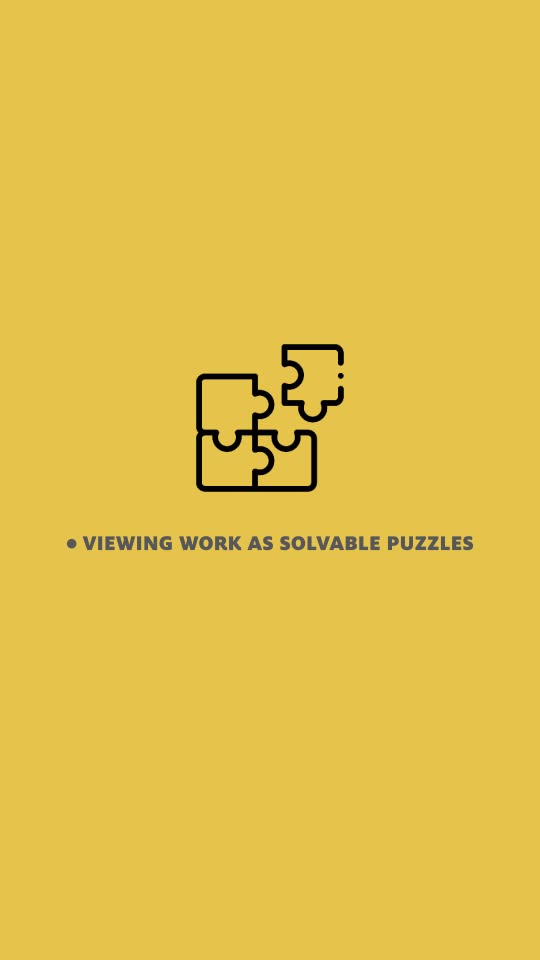GAMING FOR THE GOOD!
Old Stereotypes of Online Gaming Upended by New Report from the University of Houston
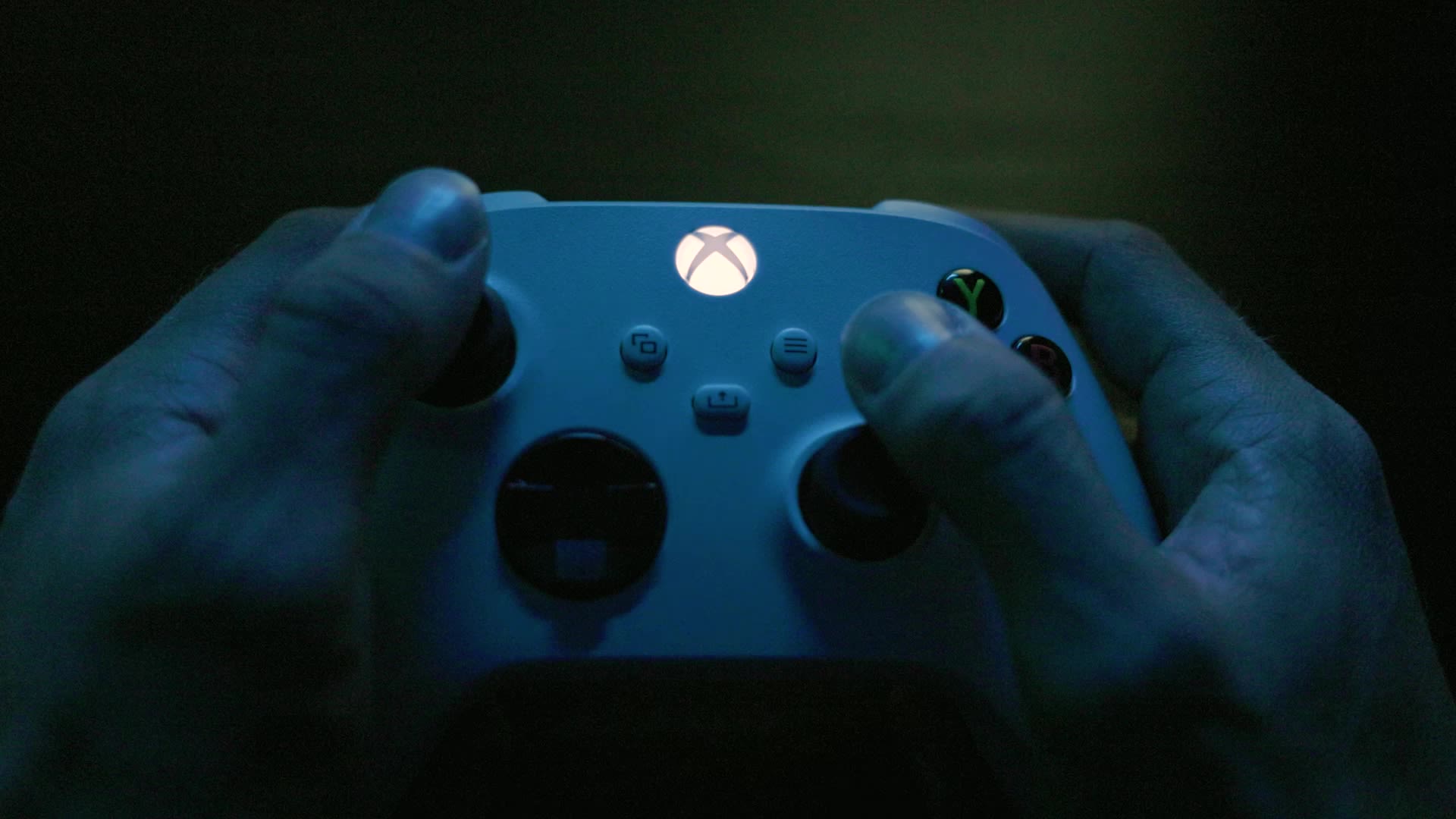
So maybe the naysayers and detractors of online gaming and its ill effects on youth need to stand down. That’s what science is telling us in a new report in the journal Human Resource Development International from Melika Shirmohammadi, assistant professor at the UH Cullen College of Engineering Division of Technology.
Melika Shirmohammadi, assistant professor at the UH Cullen College of Engineering's Division of Technology
Melika Shirmohammadi, assistant professor at the UH Cullen College of Engineering's Division of Technology
The article reports that — contrary to popular belief — massive multiplayer online gamers learn by gaming and their skills in the workplace are enriched by those seemingly endless hours previously thought of as frittering away time.
“Online gaming often gets a bad reputation, but our study reveals a different story. We found that gaming can actually help people develop valuable workplace skills,” reports Shirmohammadi. “These skills include problem-solving, teamwork, leadership, and even self-confidence. Our research shows that gaming, when done in moderation, can be a way for people to grow both personally and professionally.”
GAMING TRUTHS
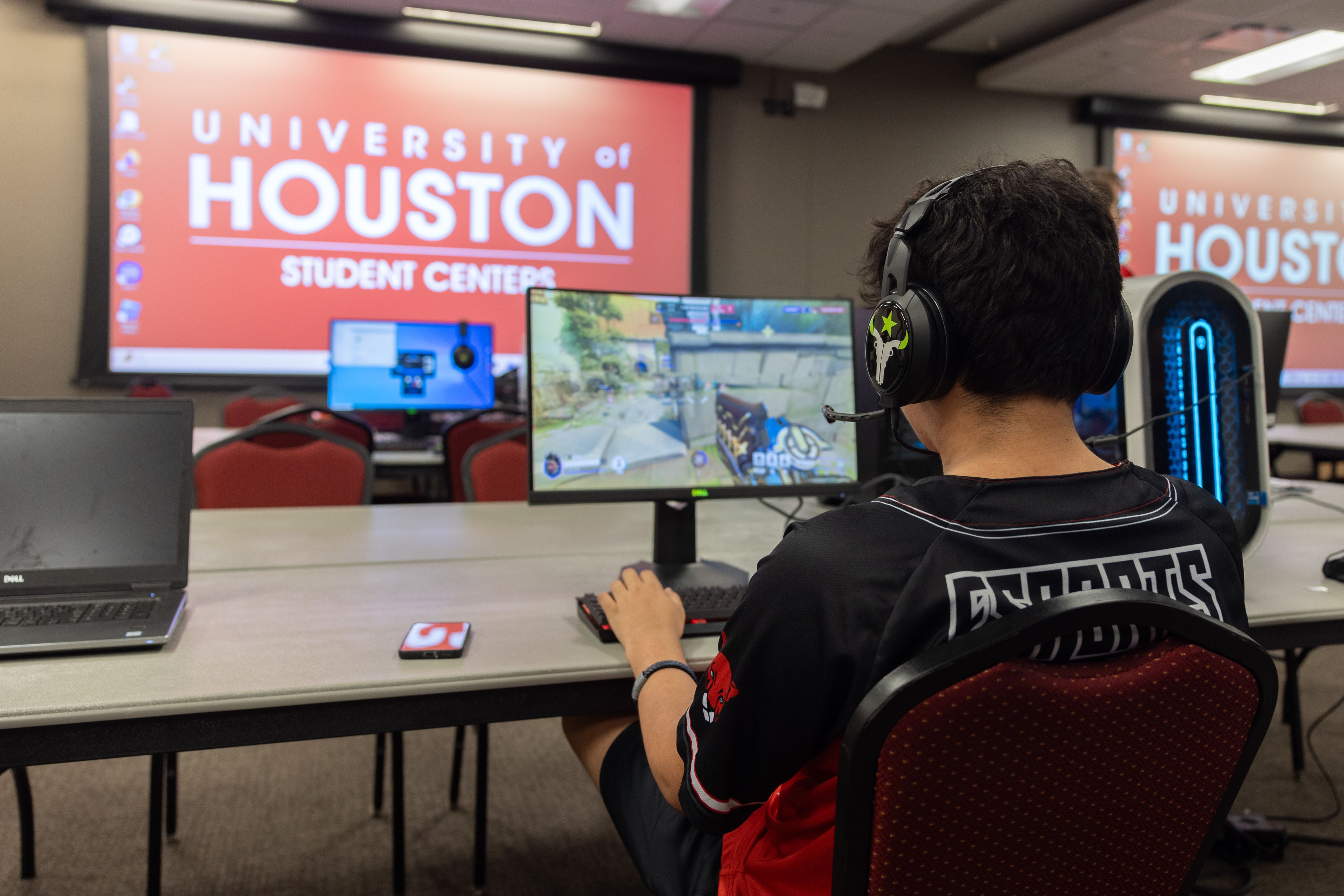
Whether they know it or not, companies are already hiring an enormous amount of multiplayer online gamers. The math on this is simple. Millions of people play “massively multiplayer online” or MMO games, in which they play together in a virtual world. The top three games - World of Warcraft, Destiny 2, and Final Fantasy - claim 150.6 M, 49.7 M, and 60.3 M total players respectively.
“The purpose of the present study was to examine hobby – an understudied but prevalent part of the nonwork domain – to understand if and how MMO gaming positively enriches employees’ work domain,” said Shirmohammadi.
Shirmohammadi’s team conducted a qualitative study among 23 employed MMO gamers who had an average of 20 years of video gaming experience and had played MMO games for at least 10 years.
The MMO games examined (including World of War Craft, EVE and Final Fantasy) require players to coordinate tasks to achieve collective goals, respect team norms (e.g., arriving on time for missions), collaborate with others as part of a team, and avoid reckless or uncalculated behaviors that would jeopardize the mission.
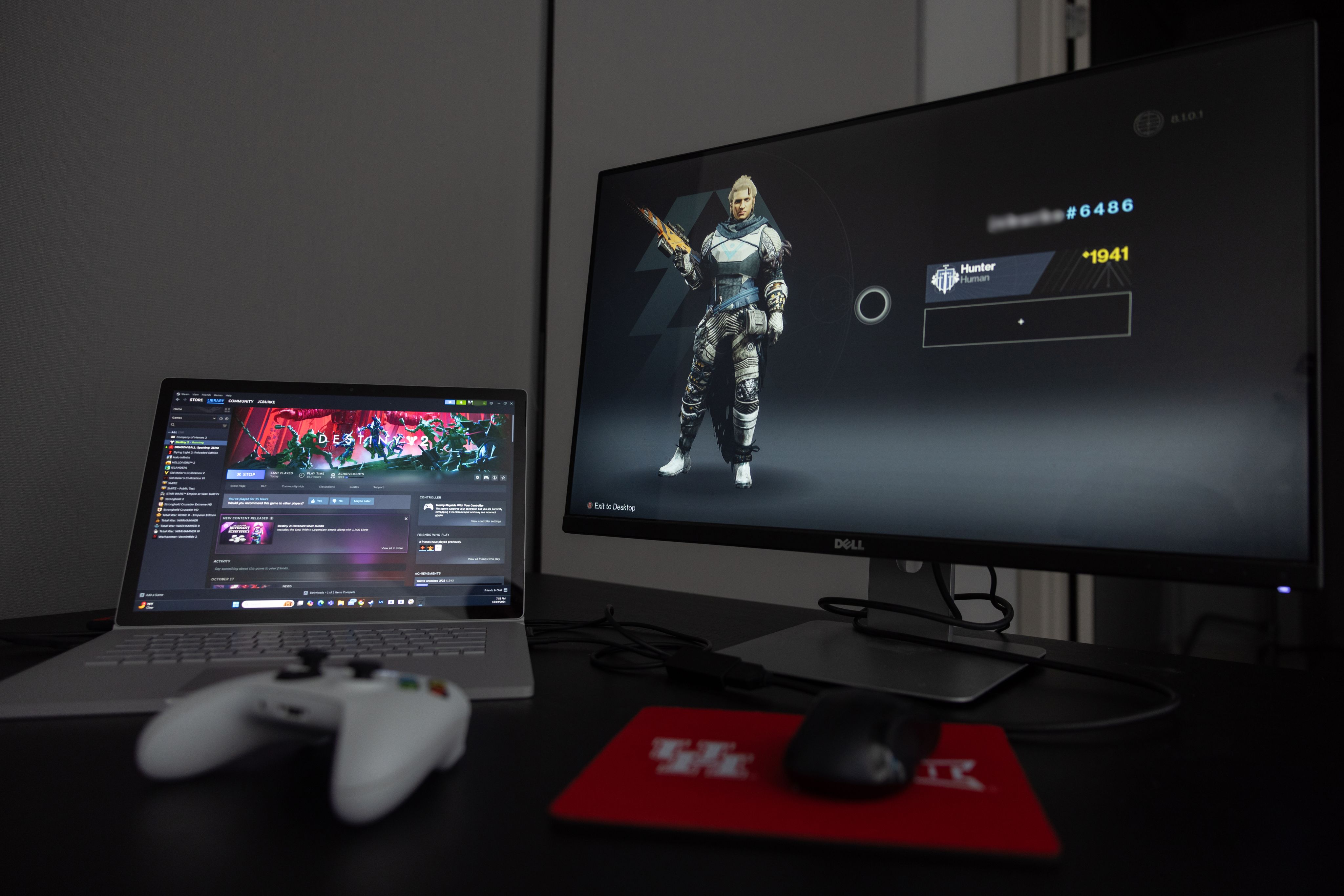
“The purpose of the present study was to examine hobby – an understudied but prevalent part of the nonwork domain – to understand if and how MMO gaming positively enriches employees’ work domain,”
Melika Shirmohammadi
GAME MORE, WORRY LESS
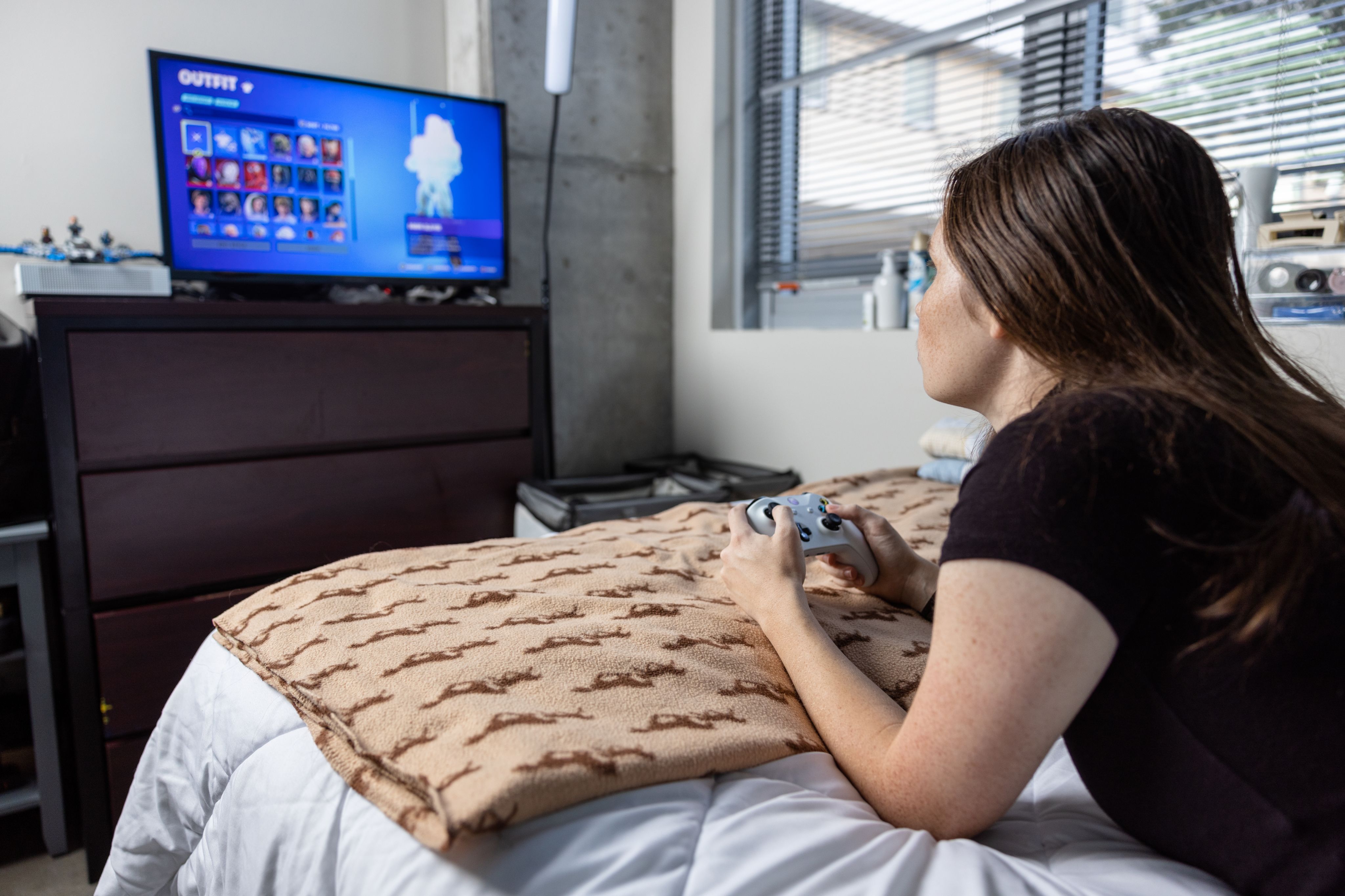
Among the positive outcomes of the research, gamers reported viewing work as solvable puzzles, and their experience resulted in improved patience in encountering problems and encouraged them to persevere in solving them.
One participant, an engineer, said: “I just see a puzzle and I’m motivated to solve it. So, it’s affected, I guess, my mindset in that way, such that I look at things as solvable.”
Other players say they developed self-confidence through game playing because they feel good about the level of success in the online gaming world. Still others reported developing self-awareness as they received feedback on their own skills and how they played alongside team members.
Gamers’ ability with coaching skills – such as evaluating performance, providing feedback, giving instructions and inspiring others – was also traced to their gaming. Several participants mentioned the similarities between gaming and work that made such skills transferrable.
An IT specialist, described it this way: “I deal with a lot of new people [at work]. Since I kind of go out of my way in game to do all the coaching, I’ve become ahead of some of colleagues in explaining how to do certain things [to new employees].”
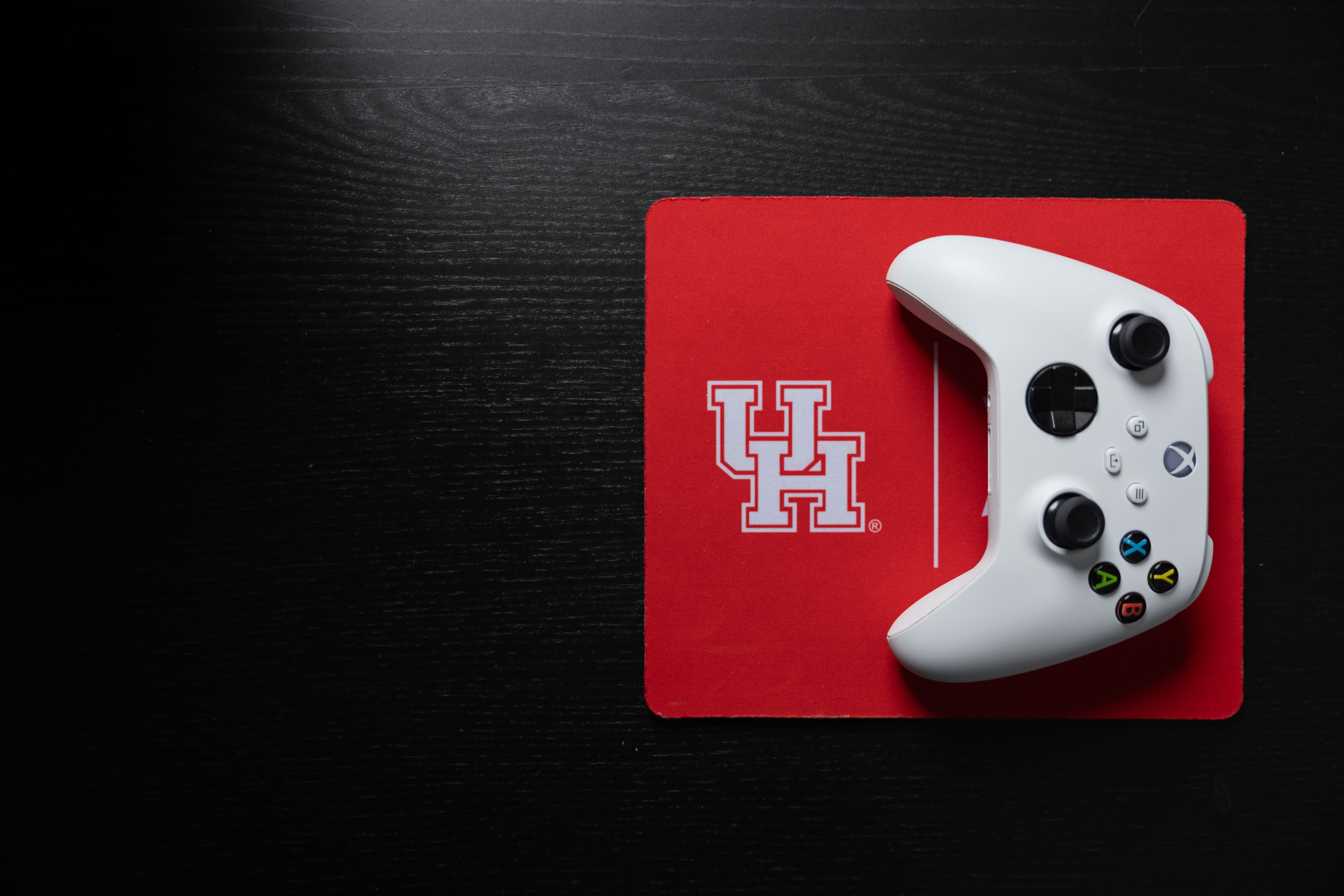
“Failure doesn’t mean the game is over, it means try again with experience.”


GAMING FOR THE GOOD
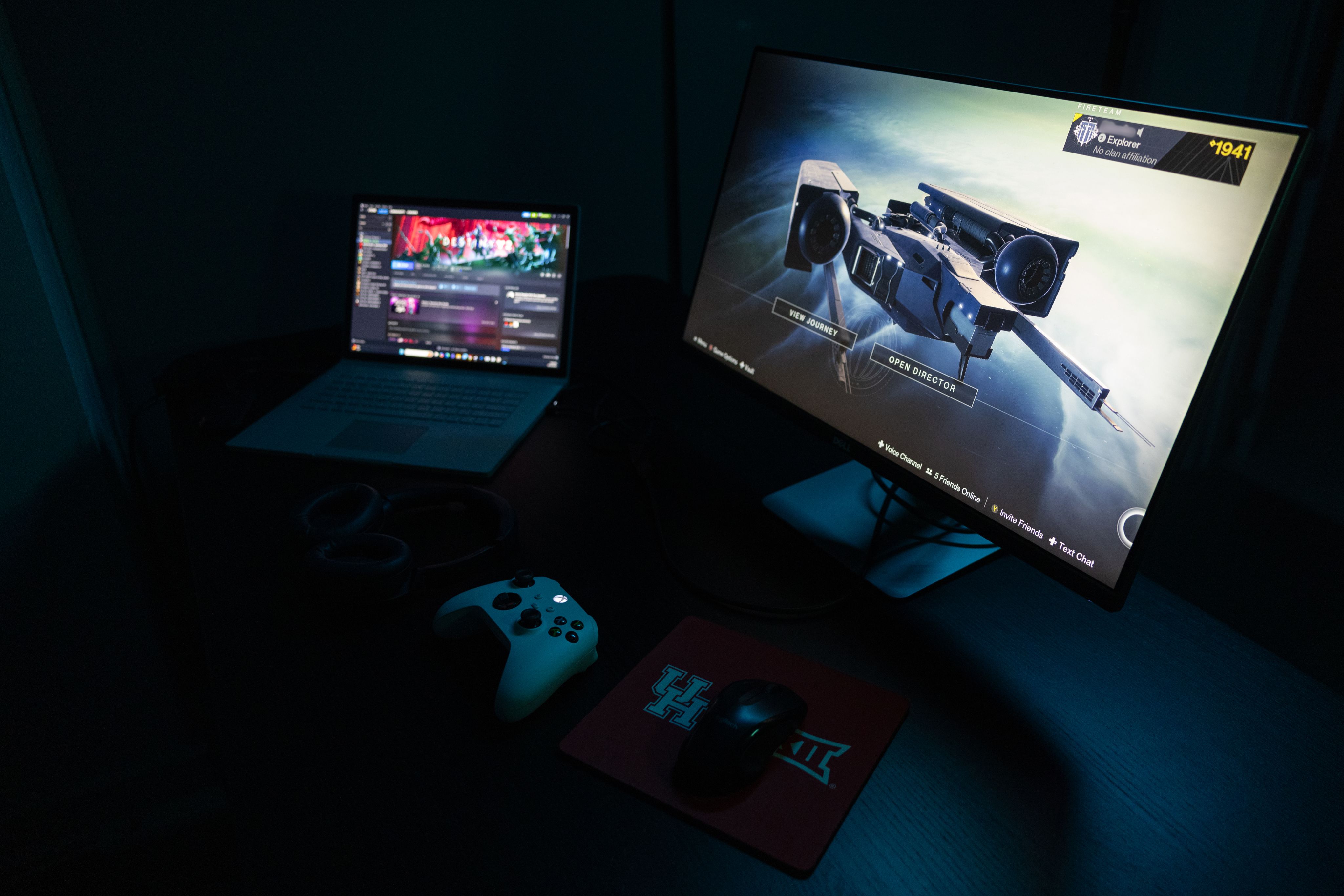
“Our study extends the understanding of nonwork-to-work enrichment to the MMO gaming context and reveals how a hobby, as an understudied subdomain of life, could benefit work,” said Shirmohammadi.
As one famous gaming quote says, “Failure doesn’t mean the game is over, it means try again with experience.”
Apparently true, especially in the professional world.
Findings: How gaming can help you at work:
